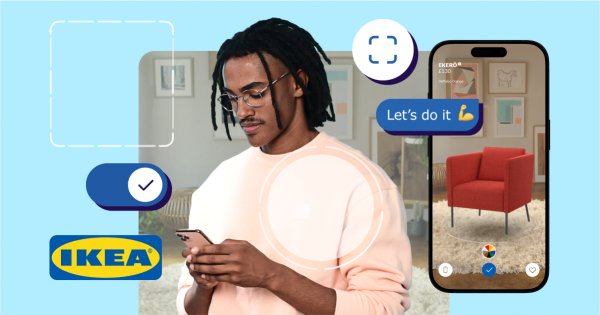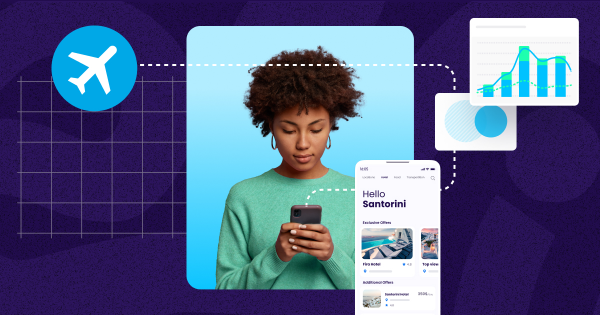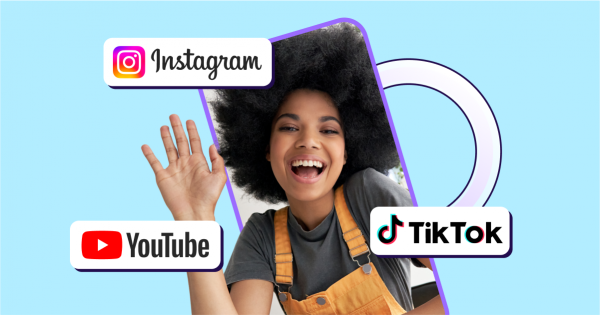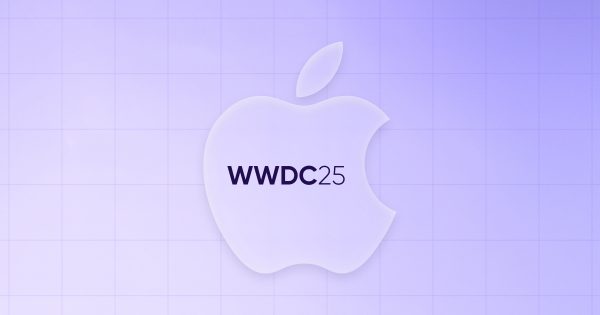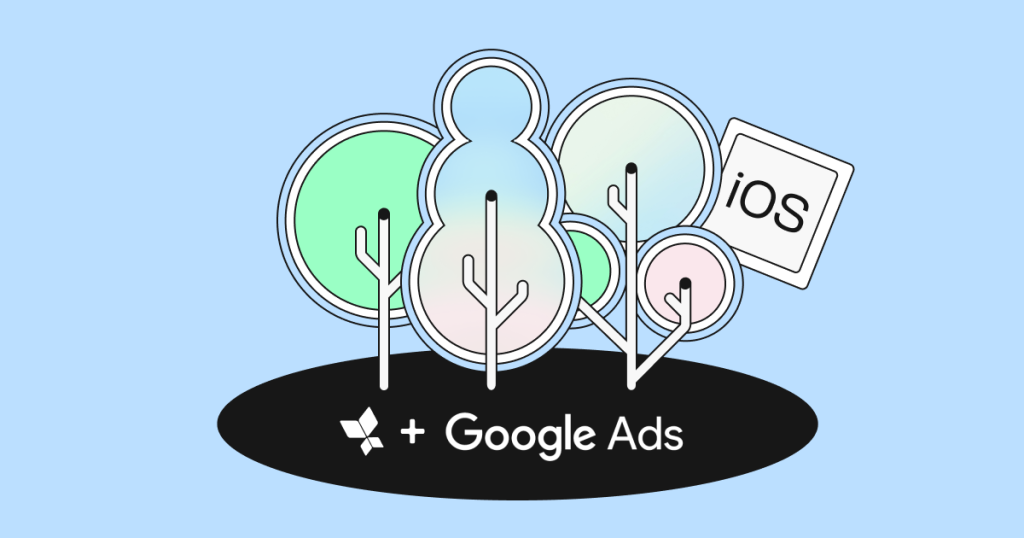Can deep linking accurately attribute Facebook app installs?
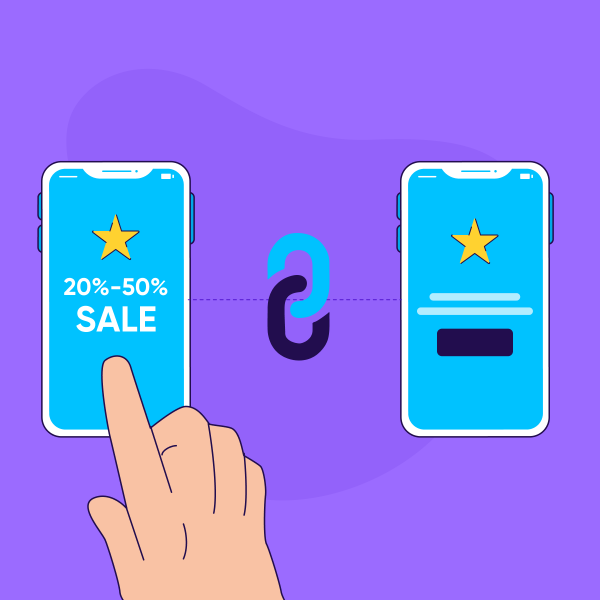

With the vast share of its revenue coming from mobile, the recent Facebook earnings report has demonstrated once again that the social giant is a mobile-first company
As a company that adapted so well to the mobile era, it is no surprise that Facebook is the Number 1 media source among app marketers who want to drive both performance and scale in their app install campaigns according to AppsFlyer’s latest Performance Index.
What about measurement?
In its own messaging to advertisers, Facebook states that:
“Measuring Facebook campaigns by installing the Facebook SDK, or the SDK of one of its mobile measurement partners (MMP) better enables app developers to measure their app install campaigns.”
Check out Facebook’s own documentation on the subject.
The social network first introduced the MMP program at the end of 2012 to help facilitate its mobile advertising business. It was one of the key decisions that helped them adapt so well and so quickly to mobile.
MMPs were chosen based on their robust technology and ability to support accurate measurement at scale, their market penetration, and last but not least their level of security when it comes to data and privacy.
But since Facebook is so big in mobile, several non-MMP analytics providers scrambled to find a solution for measuring Facebook campaigns. So they claimed that they can properly attribute Facebook app ads by using deep links.
This important technology helps improve the mobile user experience by ensuring that the content served is relevant to what the user expects to see, whether they have the app installed or not. In that sense, deep-linking is a must-have component of any user acquisition campaign.
But, and this is a big but, deep linking is not built for proper Facebook attribution. In its messaging, Facebook stresses that:
“There are numerous limitations to relying on deep links for measurement and this approach is not recommended.”
Why deep lining isn’t built for proper Facebook attribution
Deep links can’t de-duplicate Facebook installs
How do MMPs attribute Facebook installs?
When a user clicks on or views a Facebook ad for a specific app, and then goes on to install that app within a 28-day click window and 1-day view window, Facebook sends a claim for that install to its measurement partners, which includes a Facebook ad id and a timestamp of the view or click.
MMPs then de-dupe Facebook’s claim against other media sources also claiming credit for the same install following recorded engagement with their own ads. Under the last click attribution rule, MMPs use impression level and click timestamps from their media partners to enable proper attribution.
According to Facebook,
”Only FB’s mobile measurement partners will get a click timestamp and know when the click happened. Other analytics providers are not able to get this click timestamp via our deep links, which leads to not being able to do proper attribution.”
As such, they can determine that a click from Facebook led to an install BUT they cannot accurately attribute a campaign under the predominant last click attribution model (or any time-based attribution model for that matter).
This distinction is super important, because it doesn’t provide proof that Facebook was in fact the last touch – and it may not be accepted by other media sources. This means that the advertiser may be charged twice for the same install.
Deep linking for mobile marketers
Deep links can’t attribute Facebook views.
View-through attribution is becoming increasingly important for app marketers. Facebook recently looked across 30 mobile app install lift studies with statistically significant results and found that – on average – advertisers gave 14% less credit when relying solely on a click-based attribution model.
Add to that the fact that the use of video ads is exploding on Facebook and overall, while these videos are mostly viewed rather than clicked on. As a result, Facebook now passes 24-hour impression level data to MMPs and takes credit for an install if there was no click preceding it for 28 days. The attribution provider can then credit that view assuming no other click or view beat it to the punch.
Deep links, however, only work with clicks. In its messaging to advertisers, Facebook reiterates that “deep links are not passed unless a person clicks on the ad, so any non-click response is lost.”
Deep links can’t place Facebook touchpoints in the consumer path
Besides not reporting on views which are an integral part of the consumer path, the fact that there are no click timestamps means Facebook clicks cannot be placed on a scale of time that leads to an install. In other words, multi-touch attribution – within Facebook and across media sources – would be incomplete or inaccurate.
Deep links don’t facilitate use of Facebook optimization products for app ads
“As a standalone approach”, Facebook writes, “deep links don’t require the return of any outcome data to Facebook. As a result, they don’t facilitate use of mobile app install or app event optimization.”
What this means is that If you want to use either of these optimization models for app installs, you must integrate the Facebook SDK or the SDK of an MMP. But using the former will mean you’ll have to configure in-app events twice: for the Facebook SDK and the non-MMP SDK, and then ensure they are aligned. Ultimately, more work and a greater chance of error.
Deep links can’t measure longer attribution windows.
Deep links on Facebook only last for 7 days. Any longer attribution windows won’t work.
Deep links can’t do cross-device measurement.
“Deep links only work on the same device, so any cross-device response to the ad is lost,” Facebook states. For example, suppose a person clicks on an app ad on their mobile phone but does not download the app at that time. If they download the app on their tablet a few hours later, this install would be properly attributed via MMPs.
However, Facebook stresses that “any deep link based solution would not be able to capture this install,” resulting in a major blind spot considering that cross-device usage is a given for many Facebook users.
The bottom line is that deep linking is a great and necessary tool for improving the customer experience on mobile and this is definitely supported by Facebook. But it is not the proper way to measure mobile attribution.


